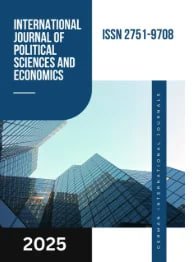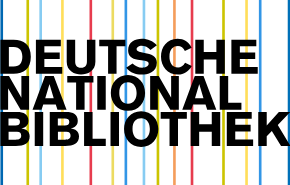A NEW WAVE OF ETHNOGRAPHIC RESEARCH IN THE YEARS OF INDEPENDENCE
DOI:
https://doi.org/10.55640/Abstract
After gaining independence, the Republic of Uzbekistan has witnessed significant advancements in historical and ethnographic studies, reflecting the new academic and ideological requirements of the time. Ethnographic research continued to develop, and the number of specialists in this field grew steadily. Along with the publication of new data on the history of our people, many earlier scientific works that had been published in Russian were translated into the Karakalpak language and made accessible to the general public. This process not only expanded the worldview of the population but also deepened interest in understanding their own cultural and historical heritage. This paper explores the new wave of ethnographic research conducted in Karakalpakstan during the years of independence. It highlights the contributions of scholars such as T.A. Jdanko, O. Yusupov, L.S. Tolstova, and X. Esbergenov, who significantly advanced the study of Karakalpak ethnogenesis, culture, and traditional practices. The article also examines fieldwork-based research, archaeological expeditions, and the training of young ethnographers at the Nukus State Pedagogical Institute, which collectively contributed to the enrichment of national ethnographic scholarship.
Downloads
Published
Issue
Section
License

This work is licensed under a Creative Commons Attribution 4.0 International License.
Authors retain the copyright of their manuscripts, and all Open Access articles are disseminated under the terms of the Creative Commons Attribution License 4.0 (CC-BY), which licenses unrestricted use, distribution, and reproduction in any medium, provided that the original work is appropriately cited. The use of general descriptive names, trade names, trademarks, and so forth in this publication, even if not specifically identified, does not imply that these names are not protected by the relevant laws and regulations.







